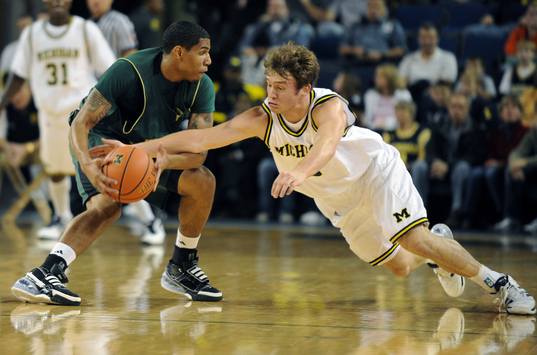 ON TENNIS
ON TENNISAfter cruising by Andy Murray Sunday night at the Australian Open, Novak Djokovic grasped the championship trophy for the second time — exactly three years after he won his first grand slam tournament.
In between, there have been many disappointments, a few close calls — especially his loss in the championship match of last year's US Open to red-hot Rafael Nadal — and a slew of frustrating injuries. Lost in all the negatives, however, is just how much better the Serbian has become.
His serve's a little better. He has refined his groundstrokes. Most importantly, though, Djokovic has become mentally strong — a trait that, until now, separated Nadal and Roger Federer from the rest of the world's players even if they were just as physically talented.
It used to be, Djokovic would become frustrated and angered quickly, yelling at his racket and staring at his player's box after consecutive poor shots. Such reactions rarely led to improved play. Meanwhile, on the other side of the net, Federer or Nadal coolly picked the youngster apart.
Game. Set. Match.
In Sunday's three-set victory, it was Murray, the young British hope, who was talking to his racket and who let a break toward the end of the opening set seemingly affect him poorly during the following less competitive sets. Djokovic, like an experienced champion, took advantage of Murray's fragile mental state.
Is his game better than Murray's? Perhaps slightly — he hits his forehand down the line better. But it's not three-sets-to-love better. Mentally, he's light years ahead of the world's No. 4-ranked player.
Djokovic knows just how far he's come since that first Grand Slam title, when he was having all kinds of fun — and got plenty of enjoyment out of mimicking other players — but was far from a complete player.
"I feel like a better player now than I was three years ago, because I think that physically I'm stronger, faster, mentally I'm more motivated on the court," Djokovic said. "I know how to react in certain moments, and I know how to play on a big stage. I have been more focused and dedicated to the sport than I have ever been before."
And now, with Federer edging toward 30, Djokovic clearly has the chance to move into the world's No. 2 spot and be a legitimate threat to win every major — even if he has to go through both Federer and Nadal (something he still hasn't done at a major).
In Djokovic's three-set victory over Federer in the semifinals, he was, quite simply, the better player. In past matches, he was just as good physically but didn't win the big points, didn't execute shots when he absolutely needed to. That's changed now.
Not only is Djokovic as talented as any player in the game; he's as mentally tough, too. Now the question is, Can he bring the same package to every tournament, especially the big ones?
Only time will tell. As for Murray, Sunday illustrated that he's still where Djokovic was at least three years ago. And only time will tell if he can make the same transformation.

